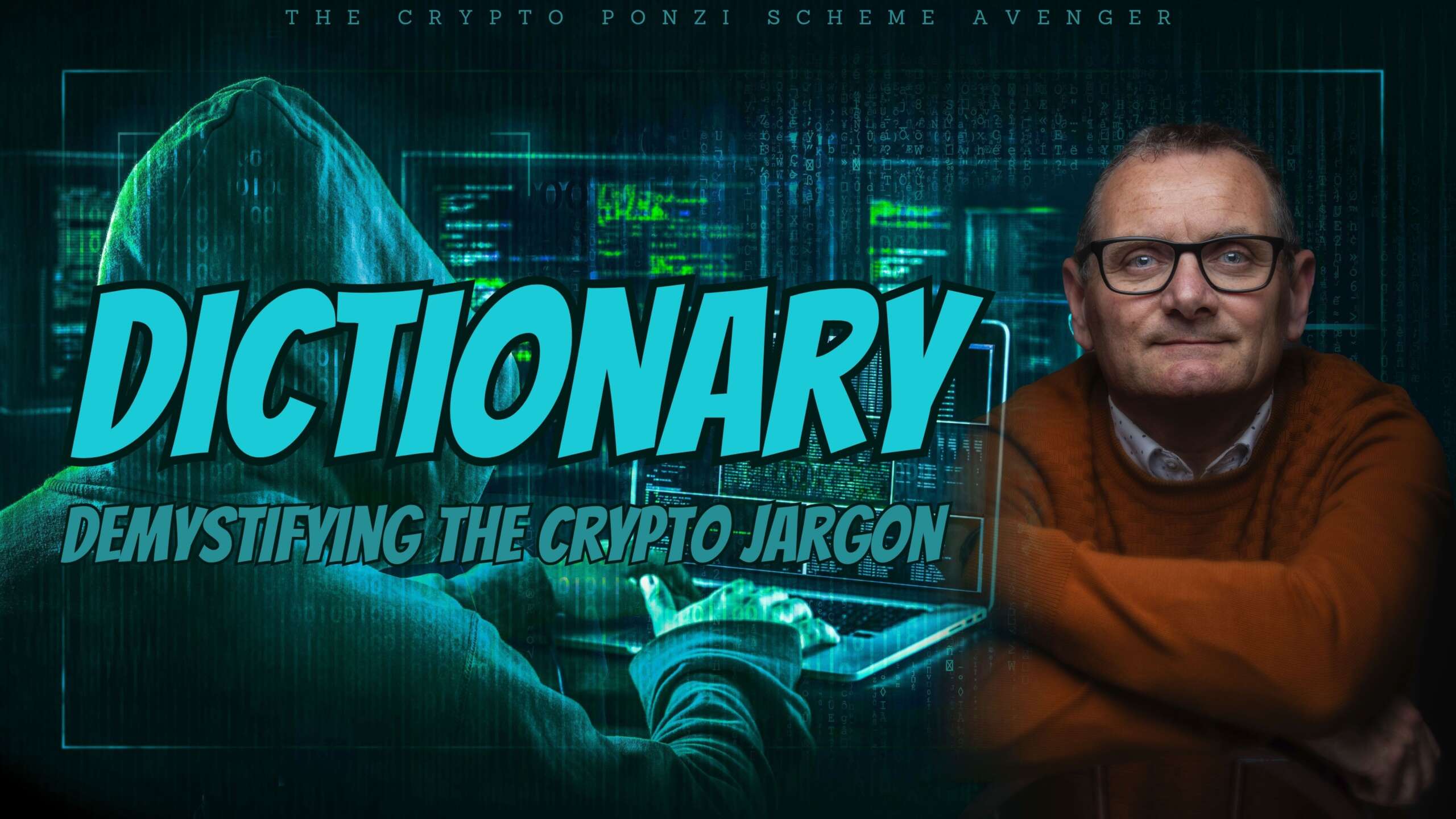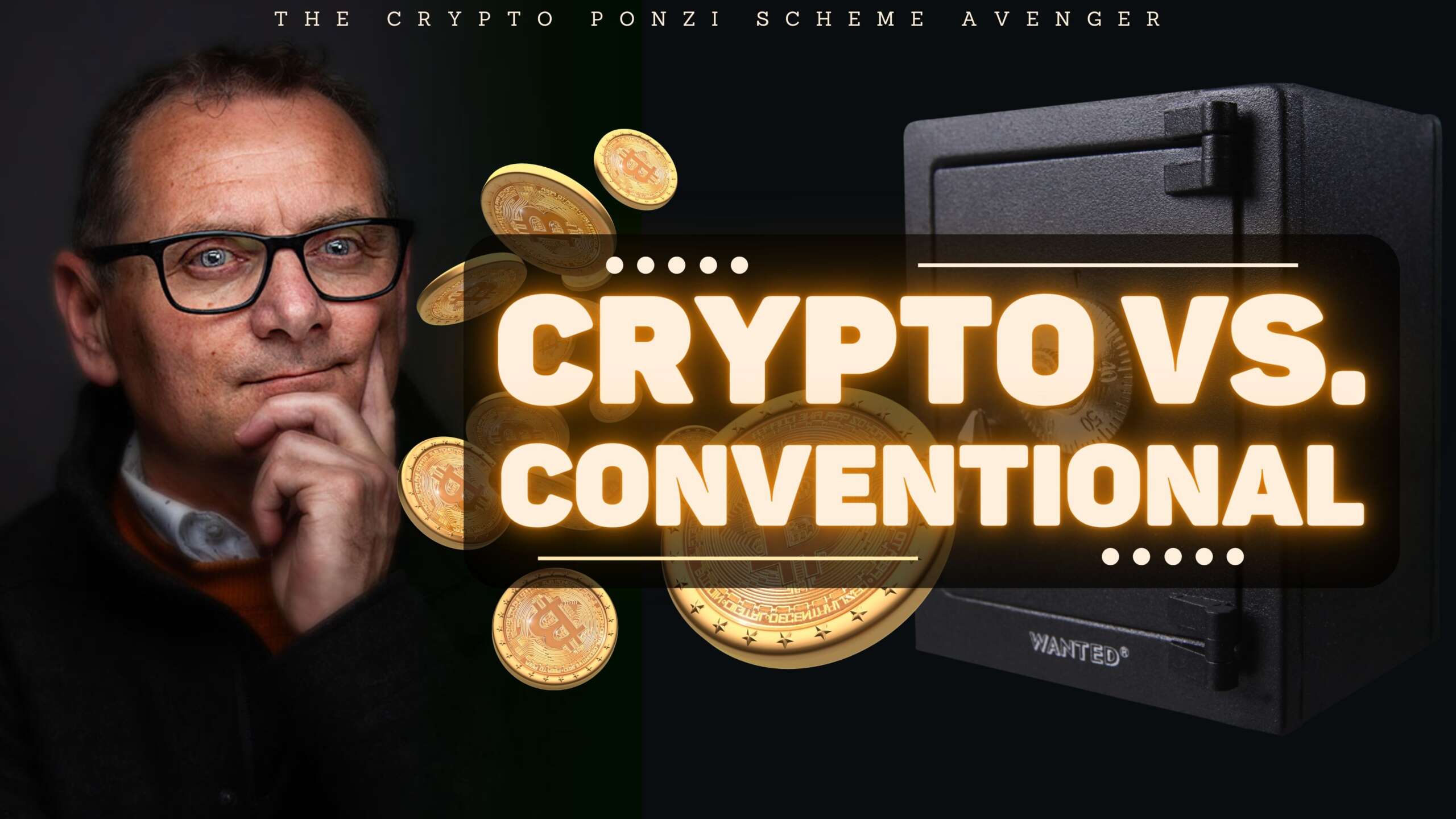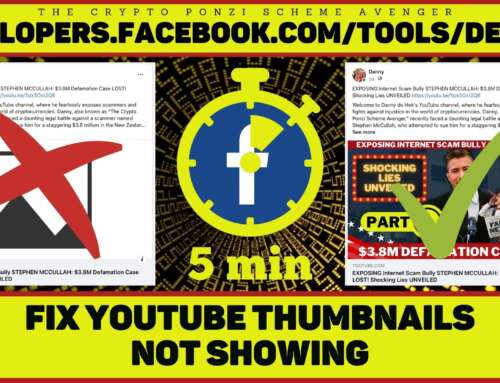In the rapidly evolving world of cryptocurrency, understanding the language is crucial for both seasoned enthusiasts and newcomers alike.
From Altcoins to Whales, the crypto-sphere is teeming with terms that might sound like a foreign language to the uninitiated. Fear not; we’ve compiled a comprehensive cryptocurrency dictionary to decode the intricacies of this digital financial landscape.
Whether you’re navigating the bullish or bearish trends, contemplating the significance of a hard fork, or simply curious about the concept of Diamond Hands, our dictionary aims to demystify the jargon and provide clarity on the fundamentals of cryptocurrencies. Join us on a journey through the blockchain, exploring key concepts, technologies, and terms that shape the world of digital assets.
So, whether you’re a HODLer, a seasoned trader, or someone just getting started with crypto, this dictionary serves as your go-to guide for unraveling the complexities of the crypto-sphere. Let’s dive into the terminology that defines the future of finance and technology.
THE DICTIONARY:
Altcoin: Any cryptocurrency other than Bitcoin. Examples include Ethereum, Ripple, and Litecoin.
ATH (All-Time High): The highest price ever reached by a cryptocurrency.
ATL (All-Time Low): The lowest price ever reached by a cryptocurrency.
Bear Market: A period of declining cryptocurrency prices.
Bitcoin: The first and most well-known cryptocurrency. It’s like digital gold and is used for online transactions.
BitcoinCode: The BTC20 is designed to boost throughput, lower transaction costs, and achieve compatibility with EVM, all while upholding BitcoinCode’s security standards.
Blockchain: A public and unchangeable ledger that records all cryptocurrency transactions. It’s like a digital history book.
Bull Market: A period of rising cryptocurrency prices.
Consensus Algorithm: A method used by blockchain networks to agree on the validity of transactions and add them to the blockchain. Examples include Proof of Work (PoW) and Proof of Stake (PoS).
Cryptocurrency: Digital or virtual money that uses encryption for security. It’s decentralized and exists only in digital form.
Cryptographic Hash Function: A mathematical function used to convert data into a fixed-size string of characters, ensuring data integrity and security.
Crypto Wallet Address: A string of characters that represents a location on the blockchain where cryptocurrency can be sent.
DApp (Decentralized Application): An application built on blockchain technology, which often runs on a peer-to-peer network without a central authority.
Decentralized: No central authority, like a government or bank, controls cryptocurrencies. They are managed by a network of users, making them independent and secure.
Decentralized Finance (DeFi): Financial services and applications built on blockchain technology, aiming to eliminate traditional intermediaries like banks.
Diamond Hands: Refers to a long-term, unwavering approach to holding an investment, typically cryptocurrencies or stocks, regardless of price fluctuations.
Double Spending: Attempting to spend the same cryptocurrency more than once, a problem blockchain prevents.
Exchange: A platform where you can buy, sell, or trade cryptocurrencies for other digital or fiat currencies (like dollars or euros).
Fork: A change in the software protocol of a cryptocurrency, creating two separate versions with distinct rules. Hard forks result in a permanent split, while soft forks are backward-compatible.
FUD (Fear, Uncertainty, Doubt): Spreading negative information or rumors to create fear and doubt about a particular cryptocurrency.
Gas: A unit of measurement for the computational work required to process transactions on a blockchain, often used in Ethereum.
HODL: A term used when someone holds onto their cryptocurrency investments rather than selling them. It’s a play on the word “hold.”
ICO (Initial Coin Offering): A fundraising method where new cryptocurrencies are sold to investors. It’s like a digital crowdfunding campaign.
KYC (Know Your Customer): The process of verifying the identity of cryptocurrency users to prevent fraud and illegal activities.
Market Cap: The total value of a cryptocurrency in circulation, calculated by multiplying the current price per coin by the total number of coins.
Mining: The process of verifying and adding transactions to the blockchain. Miners use powerful computers to do this and are rewarded with new cryptocurrency coins.
Node: A computer on a blockchain network that maintains a copy of the entire blockchain and helps validate transactions.
Non-Fungible Token (NFT): Unique digital assets that represent ownership of a specific item, often used for digital art, collectibles, and in-game items.
Orphan Block: A valid block that isn’t added to the blockchain due to network latency or competition from another valid block.
Paper Hands: Signifies a short-term and impatient investment approach, where individuals sell their holdings quickly, often in response to price dips or market volatility.
Private Key: A secret code that gives you access to your cryptocurrency holdings. It’s like your digital signature.
Public Address: An address you share with others to receive cryptocurrency. It’s like your digital mailbox.
Smart Contract: Self-executing contracts with the terms of the agreement directly written into code. They automatically execute when conditions are met.
Staking: The process of participating in a Proof of Stake (PoS) blockchain by holding and “staking” a cryptocurrency to support network operations.
Token: Digital assets issued on a blockchain. Tokens can represent various assets, like utility, security, or NFTs (Non-Fungible Tokens).
Wallet: A digital tool to store, send, and receive cryptocurrencies. It’s like a digital bank account.
Wallet Private Key: A long cryptographic code that allows access to your cryptocurrency holdings; losing it can result in the loss of your funds.
Whale: A term for individuals or entities that hold a significant amount of a particular cryptocurrency. They can impact the market with their buying and selling actions.







Leave A Comment